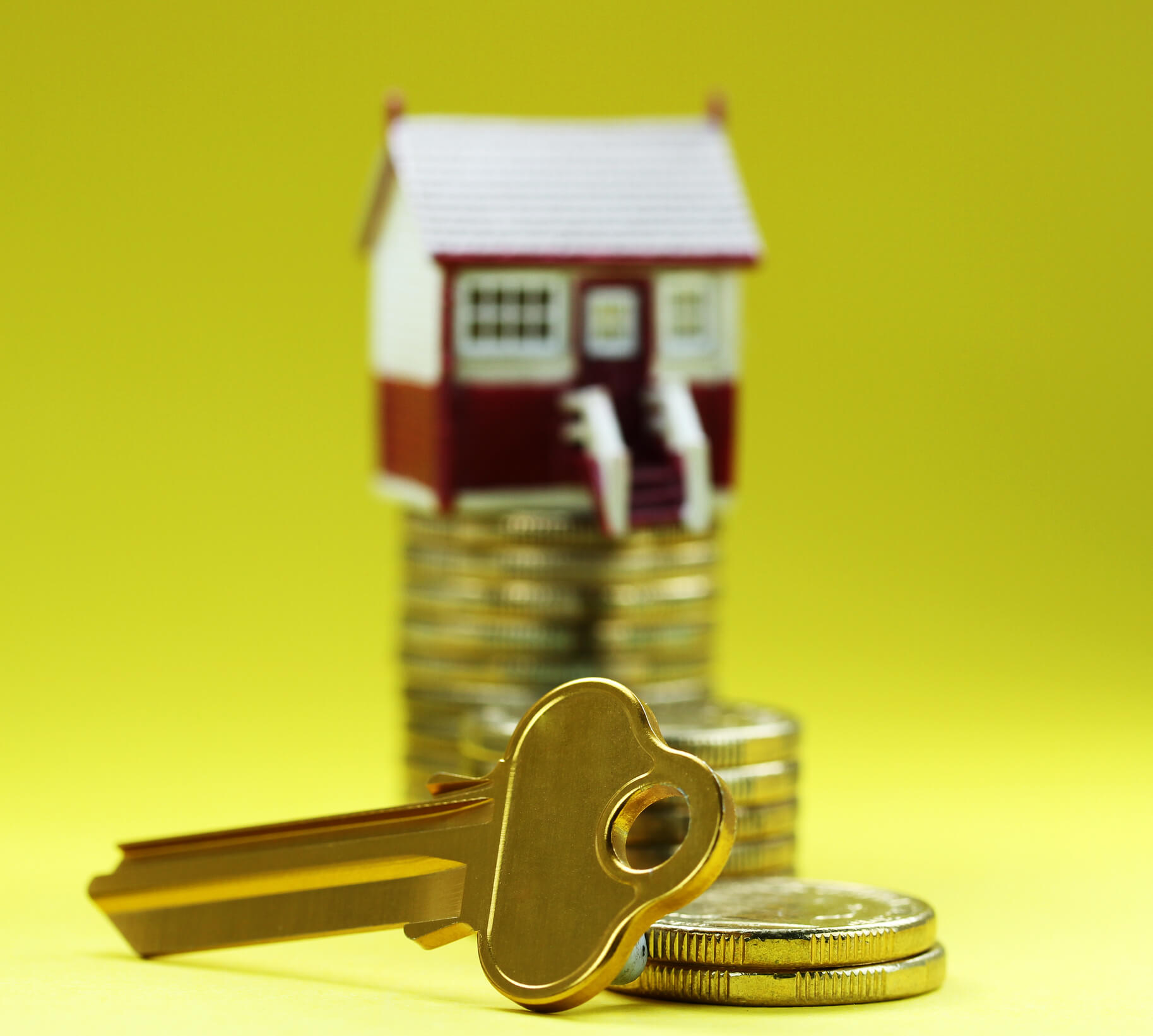A home mortgage refinance can be challenging, especially for beginner lenders with strict policies and lengthy approval processes. These factors make it even more difficult to request a loan.
The founder and CEO of LoanDepot.com, Anthony Hsieh, says, “Homeowners today need to be triathletes to qualify for a loan, with great income, great credit, and great value in their home.”
Before refinance your home mortgage, ask yourself the following six questions.
Do I have equity in my home?
Homeowners should ideally have 20% equity in their home to sign up for a loan request without paying private mortgage insurance. 
It may poorly affect any potential benefits of refinancing and may result in homeowners owing more than the actual cost of their house. Vice President of Home Savings for W.J. Bradley Mortgage, Mr. Roy Meshel, says that refinancing without sufficient equity only depreciates the value of a house. Another factor that impacts qualifying for the loan is the borrower’s credit score. It would help to have a healthy borrower credit score to qualify for a refinance loan.
What are my financial goals?
Most homeowners opt for refinancing to reduce their monthly installments. A good mortgage calculator may guide you in deciding on your installment plan and reduce your interest amounts. Patrick Cunningham, vice president of Home Savings & Trust Mortgage, says, “Some people are restructuring their loans to a 20-, 15- or 10-year mortgage, which works well for people with plenty of disposable income, but I worry that people are too focused on paying off their mortgage and not integrating this decision with their overall financial plan.”
What are the terms of my current loan?
When refinancing your home, another important question you must ask is about the terms and conditions of your current loan. Regarding these details, the interest rate and its fluctuation are among homeowners’ most significant financial concerns. Borrowers should stick to fixed-rate loans rather than variable rates. Cunningham explains that some borrowers can benefit by choosing the current ARM.
 How long do I have to stay in this home?
How long do I have to stay in this home?
While asking to refinance your home, you must be specific about the time you plan to spend in your home. Mortgage professionals, in general, inform the borrowers that a refinance may cost them 3 to 6 percent more than the actual cost. Cunningham makes it simpler for borrowers to understand by explaining that the break-even tends to happen at 15 months, so if you plan on staying in your home for the next five or more years, refinancing is a viable option. However, avoid refinancing if you plan to leave in the next two years.
Am I sufficient with my credit score?
The borrower’s credit score is an essential factor that plays a vital role in getting a reasonable mortgage rate. For any mortgage, it is necessary to have a good credit score because without it, qualifying for a mortgage becomes more troublesome. Ideally, borrowers should have a score of 720 or more. Any credit score under 620 may cause hassles when getting approved for a mortgage.
Do I have a second mortgage or line of credit?
Getting a second loan may cause the borrower additional stress. This loan comes with added complexity, and borrowers may lose track of payment schedules. Cunningham explains this by saying borrowers can pay off the first loan and then enter into the second one. They can also combine both loans by making them into one large loan. It enables the borrower to record their payment schedules better to avoid troubles.
Conclusion
In conclusion, a home mortgage refinance is a financial decision that requires careful consideration and a clear understanding of your current situation and long-term goals. It’s essential to assess your home equity, financial objectives, current loan terms, expected duration in the home, credit score, and any existing second mortgages or lines of credit. Refinancing can provide significant benefits, such as lower monthly payments or shorter loan terms, but making informed choices is crucial to maximize its advantages. By asking yourself these six critical questions, you can navigate the complexities of a mortgage refinance and make a decision that aligns with your financial well-being and homeownership plans.
 About Complete Controller® – America’s Bookkeeping Experts Complete Controller is the Nation’s Leader in virtual bookkeeping, providing service to businesses and households alike. Utilizing Complete Controller’s technology, clients gain access to a cloud platform where their QuickBooks™️ file, critical financial documents, and back-office tools are hosted in an efficient SSO environment. Complete Controller’s team of certified US-based accounting professionals provide bookkeeping, record storage, performance reporting, and controller services including training, cash-flow management, budgeting and forecasting, process and controls advisement, and bill-pay. With flat-rate service plans, Complete Controller is the most cost-effective expert accounting solution for business, family-office, trusts, and households of any size or complexity.
About Complete Controller® – America’s Bookkeeping Experts Complete Controller is the Nation’s Leader in virtual bookkeeping, providing service to businesses and households alike. Utilizing Complete Controller’s technology, clients gain access to a cloud platform where their QuickBooks™️ file, critical financial documents, and back-office tools are hosted in an efficient SSO environment. Complete Controller’s team of certified US-based accounting professionals provide bookkeeping, record storage, performance reporting, and controller services including training, cash-flow management, budgeting and forecasting, process and controls advisement, and bill-pay. With flat-rate service plans, Complete Controller is the most cost-effective expert accounting solution for business, family-office, trusts, and households of any size or complexity.



